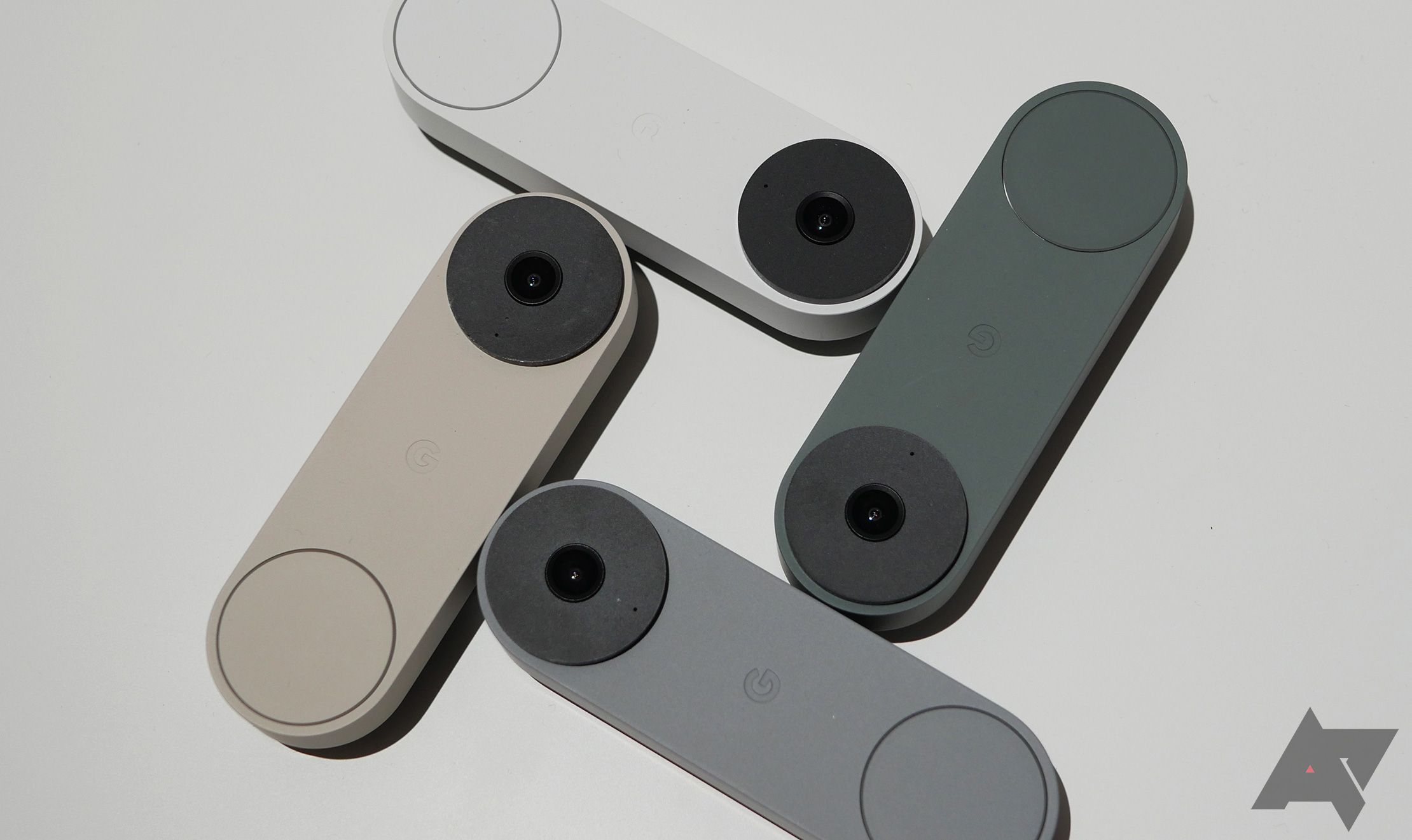Home security cameras can help keep you and your property safe. The best home security cameras allow you to monitor your house remotely when you're far away. They're easy to install and use. Many of these cameras come with privacy concerns. What happens to the sensitive and personal data these cameras collect from around your home? Who else has access to this footage? We have four tips to keep your home security cameras from exposing sensitive data.
Is leaked camera data a serious concern?
Yes, leaked security camera, like any private data, is a serious concern. That said, you can't fully bulletproof yourself. As long as you rely on cloud-connected smart home gadgets, you depend on the company that makes them to ensure no one looks at you while using the toilet. You can take steps to safeguard your household against possible intrusions or breaches.
Statistically, you shouldn't have issues with people snooping into your private pictures. Still, a few recent incidents have brought this issue into the limelight and caused concern.
Several Eufy camera security vulnerabilities surfaced in 2022, where smart cameras upload video thumbnails and facial recognition data to the cloud regardless of whether you use Eufy's cloud services. This followed another controversy in 2021, where some owners of Eufy cameras could access live video feeds and recordings from other households.
Freelance workers living in Venezuela caused an online stir in 2020 by uploading images snapped by a Roomba J7 robot vacuum, including an image of someone with their pants pulled down using the toilet. Those images were provided to startup Scale AI, where these people worked. While the images were meant to be labeled to train artificial intelligence, they made their way onto the internet.
It can be unsettling to know your Roomba isn't completely secure. There are a few things you can do. For starters, it's unlikely anyone looked at you while using the bathroom. Also, the number of users affected by these privacy breaches is small. The odds are in your favor. You can increase those odds with a few common sense steps to secure your privacy around smart home cameras.
Opt for non-cloud solutions
Many ncidents are related to compromising footage making it to the cloud. One way to keep this kind of thing from happening is to make sure your data doesn't make it to the cloud. If you're seriously concerned about your data being compromised, you may want to opt for security cameras with local storage.
Several smart security cameras come with local storage as an alternative to cloud storage. It's as simple as slipping a memory card inside. You won't worry about live video feeds being streamed through the internet. It's not bulletproof as long as it's connected to the internet. Look at what happened with Eufy cameras. This sort of setup reduces the chances of your data being breached.
Consider a smart camera with a privacy shutter
Several smart gadgets have features that help ease your mind. Some smart cameras have privacy shutters that let you physically block the camera when you don't want it looking at you. This feature is in many laptop webcams. Grab a device with a privacy shutter if you have concerns about smart cameras but want the convenience that comes with one.
We don't have specific recommendations about cameras with privacy shutters in our best smart security cameras list, but they exist. Search for them on Amazon. Make sure they're from a reputable brand and come with the features you need.
Look up a brand's privacy reputation
If you'd rather not go full paranoid, research a brand and see how well, or poorly, it fares as far as privacy goes. Look up the brand, see if any past incidents are related to it, and review its commitment to user privacy. It's likely safe to buy if you don't find anything that puts you off.
If you research Eufy or iRobot's record on privacy, you'll find info about the incidents we mentioned above. Whatever brand of security cameras you buy, make sure it has handled user data correctly and is committed to continuing this effort. Do your research to ensure you make an educated purchase.
Don't get any security cameras
The most radical option, but one that's certain to work completely, is not to explore the idea of getting smart cameras. Don't bring cameras into your home to make sure no one will peek into your house.
Smart cameras make your life more convenient. They have a slim, yet non-zero, chance of being hacked if you opt to store your data in the cloud. You may have seen incidents on the news with security and data breaches in online services like Uber and LastPass.
The chances of a breach affecting you are low, and it's safe to use smart cameras despite the occasional breach. They usually only affect a small number of people. If a breach happens, you'll likely be okay by sheer volume. Maybe you shouldn't install smart cameras if the thought of a possible breach scares you. The odds are in your favor.
Ensure your next smart camera purchase keeps things private
Privacy starts with you. It can be hard to fully protect your personal information in today's age of mass data surveillance, short of completely deleting your Google data. Make informed purchasing decisions and choose products and services that will protect your right to privacy. Your family's personal footage will probably never end up on the internet. Follow our tips and reduce those odds so that they're closer to zero.




